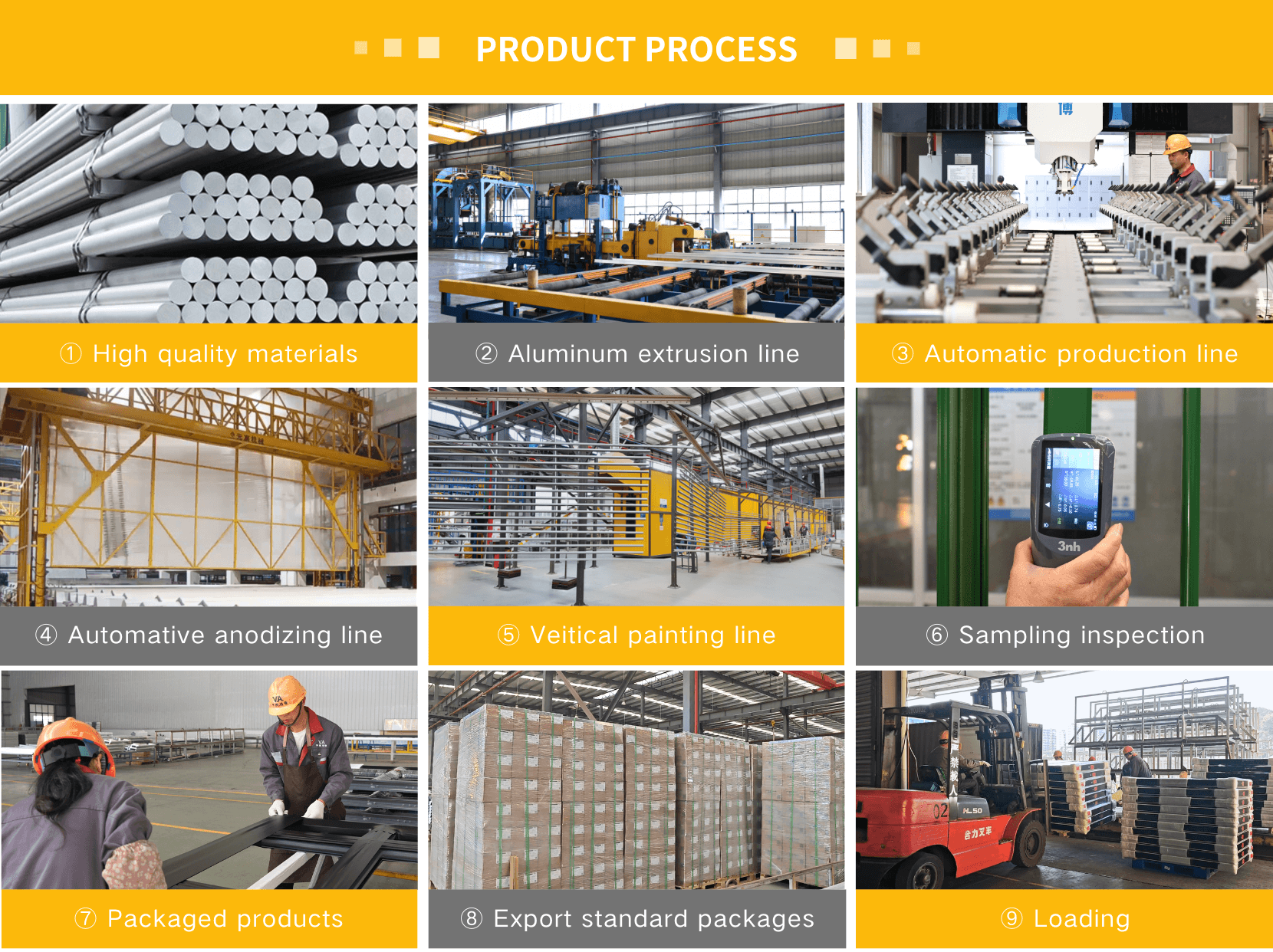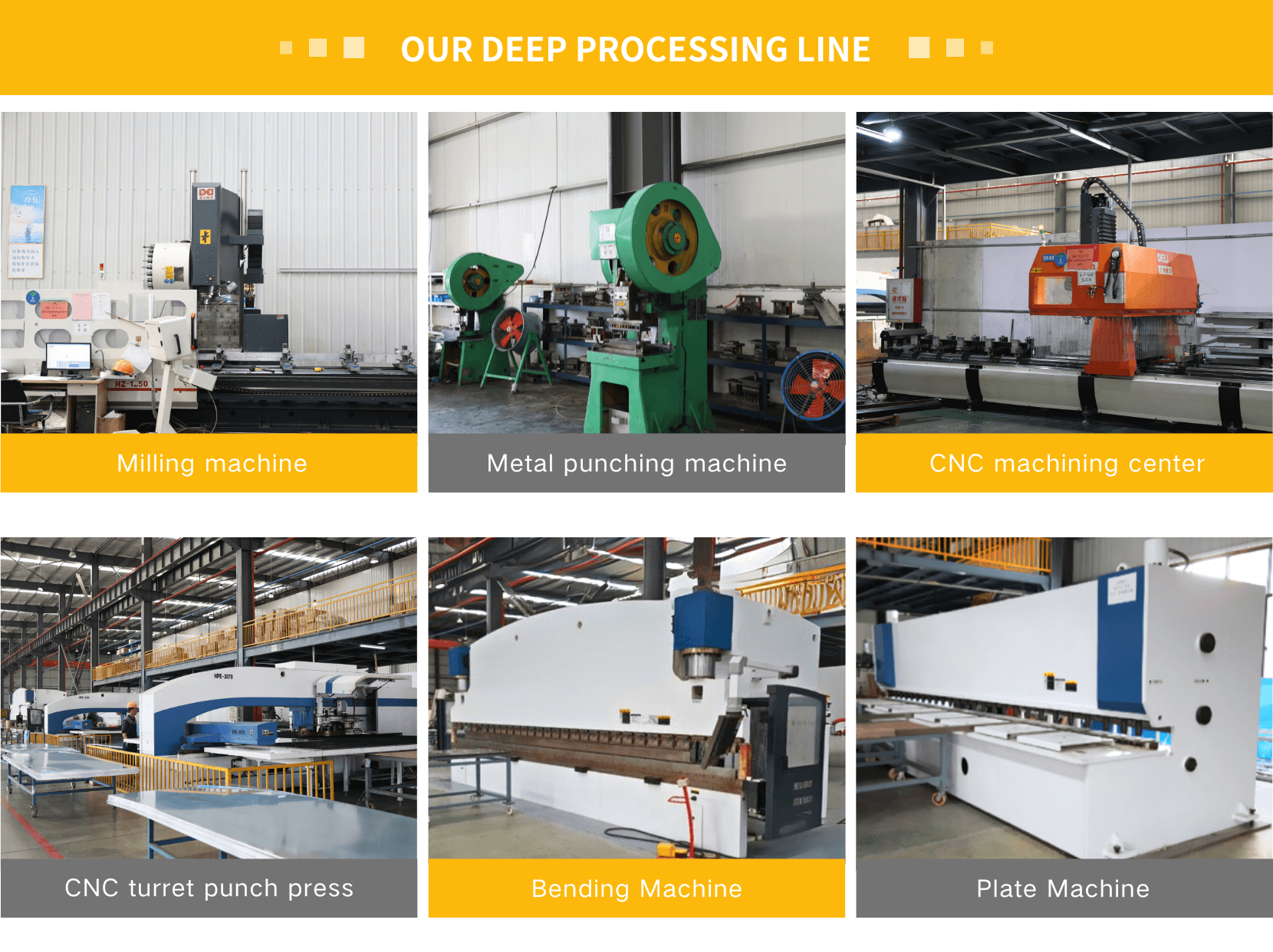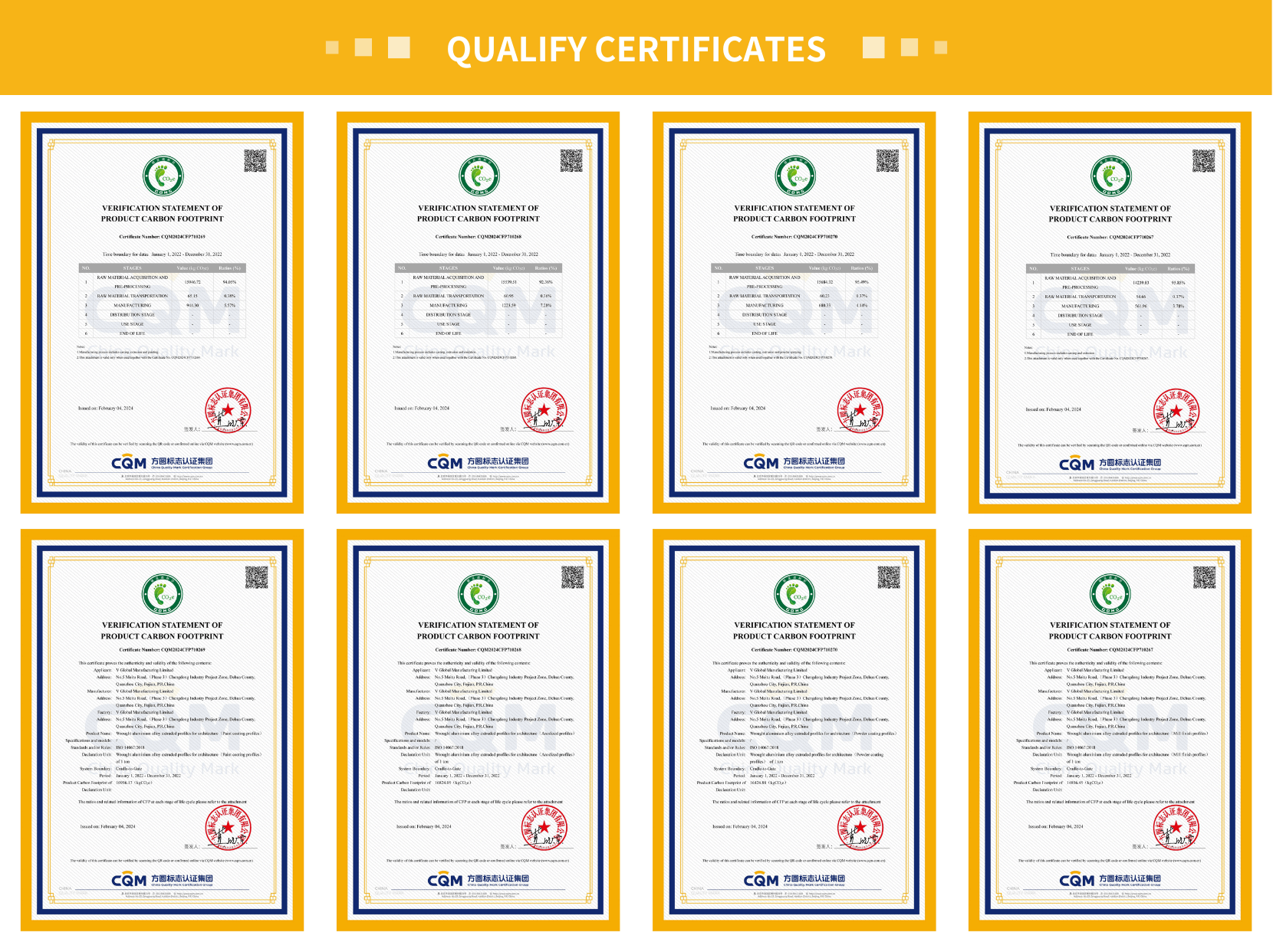Tel: +86-18065255079 E-mail: wulixia@vameitulvye.com
Whatsapp:+86 15260985928
English
- All
- Product Name
- Product Keyword
- Product Model
- Product Summary
- Product Description
- Multi Field Search
| Availability: | |
|---|---|
| Quantity: | |
Extruded 6063 Aluminum Profile for Frames sets new standards for structural performance and design flexibility in building and industrial applications, addressing a common challenge: traditional steel frames add unnecessary weight while requiring frequent maintenance.








| Materials | 6063 | |||||||
| TEMPER | T3-T6 | |||||||
| Type | Thermal break Break | |||||||
| Packing | Plastic films+Exported bundles; Plastic films+Pallets | |||||||
| Length | 6000MM or as request | |||||||
| Shape | Square or as request | |||||||
| CERTIFICATION | ISO, Green Building materails | |||||||
| coating | PC coating , 15years warrenty | |||||||
| coating thickness | over 80 um | |||||||
| process | CNC, Cutting, punching, drilling | |||||||
| OEM | Customized aluminium profiles are available. | |||||||
This versatile solution utilizes 6063-T5 aluminum alloy extruded with precise dimensional control (±0.1mm tolerance), providing a 65% weight reduction compared to steel while maintaining equivalent rigidity. The profiles feature integrated mounting channels, reinforcement ribs, and connection points that eliminate secondary fabrication, reducing assembly time by 40%. Unlike welded steel frames prone to corrosion, these aluminum profiles offer natural oxidation resistance and accept various surface treatments, making them ideal for windows, doors, furniture, and industrial machinery frames.
Precision Extrusion: Profiles with cross-sections from 20mm×20mm to 300mm×200mm maintain dimensional tolerances of ±0.1mm on critical surfaces, ensuring consistent fit during assembly.
Mechanical Properties: 6063-T5 alloy provides 110 MPa tensile strength, 83 MPa yield strength, and 69 GPa modulus of elasticity, supporting static loads up to 50kN per linear meter in properly engineered frames.
Design Versatility: Integrated T-slots, dovetail grooves, and pre-drilled mounting points accommodate fasteners, brackets, and accessories without additional machining.
Corrosion Resistance: Natural aluminum oxide layer provides 500-hour salt spray resistance (ASTM B117) in untreated form, extendable to 3000+ hours with optional anodizing or powder coating.
Building Envelopes: Window and door frames benefit from the profiles’ thermal stability (coefficient of expansion 23.6 μm/m·K) and compatibility with thermal break systems for energy efficiency.
Industrial Machinery: Machine guards, conveyor frames, and workstations utilize the lightweight strength and modular design for easy reconfiguration in manufacturing facilities.
Furniture Systems: Office partitions and retail displays leverage the clean lines and customizable finishes (anodized, powder coated, or wood grain) for aesthetic appeal.
Solar Installations: Panel mounting frames withstand outdoor exposure while reducing structural load on rooftops and ground-mounted systems.
Q: What length options are available for extrusion profiles?
A: Standard lengths are 6m, with custom cutting available to ±1mm tolerance for immediate installation. Longer lengths up to 12m can be produced for large-scale architectural applications.
Q: How do these profiles compare to 6061 aluminum for frame applications?
A: 6063 offers superior extrusion quality (smoother surfaces, tighter tolerances) and better corrosion resistance, while 6061 provides higher strength. For most frame applications, 6063 offers the optimal balance of properties.
Q: Can profiles be curved or bent for architectural designs?
A: Yes, cold bending is possible for radii as tight as 500mm without compromising structural integrity, with heat-treated options available for more complex geometries.
Q: What joining methods work best for these aluminum frames?
A: Mechanical fasteners (using integrated T-slots), structural adhesives (achieving 10MPa bond strength), and welding (with 4043 filler metal) are all effective, depending on load requirements and aesthetic considerations.


